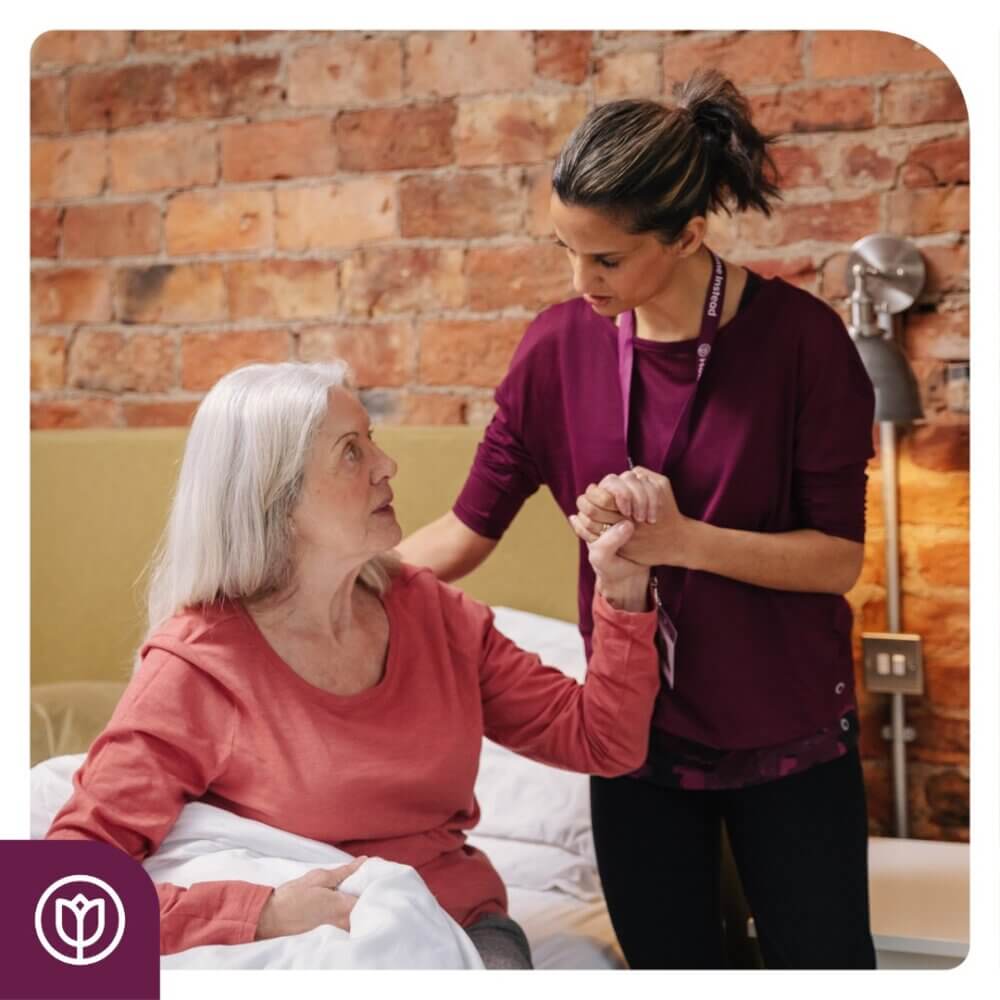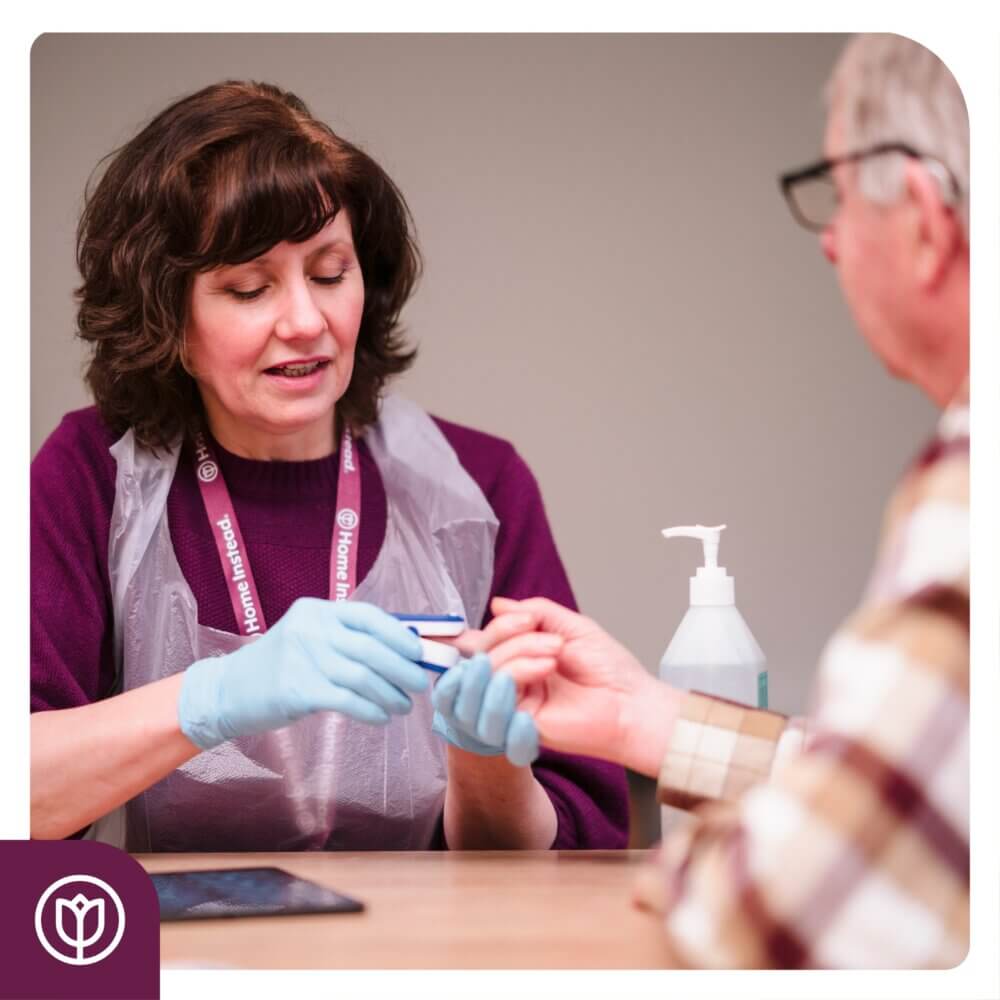Supporting Hospitals with Care at Home
During the winter months, hospitals are under additional seasonal pressure where patients who are fit to return home can't due to lack of support at home.

During the winter months our hospitals are under additional pressure due to a winter surge in admissions. Every spare bed is critical but the situation is made worse by bed blocking where patients, fit to go home, have to remain in hospital due to a lack of community care provision.
Across the UK, thousands of patients are stuck in beds when they don’t need to be. The issue affects the elderly in particular as they are more likely to require a higher level of support when returning home.
“Hospitals are the right place to be when you are in need of acute medical or surgical care. However, when your treatment is completed it’s important your stay is not delayed for any reason”. (‘Options Leeds’, Autumn 2023)

It’s well documented that people who are vulnerable recover much quicker at home, in a familiar environment. That is where having care support at home can help. Home care, or sometimes called domiciliary care, can support individuals returning home from hospital in a number of ways.
Personal Care: Covering everything from helping individuals get up and dressed, having a shower or continence support, to catheter, stoma and peg feed (enteral feeding) care. For many clients these clinical procedures are a routine part of their personal care delivered by Home Instead. These would otherwise have to be carried out by a nurse, other healthcare professional.
Medication support: It is common to have new and complicated medications after a stay in hospital to support ongoing recovery. Having someone on hand to manage timings, prompt medication or even administer can be a big reassurance and allow the individual to fully rest knowing their medication needs are being fully managed.
Live-in care: We have Care Professionals who move in with clients and provide support throughout the day, helping make a hospital discharge possible.
Night support: Getting up in the night to nip to the toilet or get a drink seems very inconspicuous, but the impact on others in the house can be huge. Waking or sleeping night support is available, which can provide vital respite for a loved one living with their partners disrupted sleep patterns as they return home.

Our friendly team are available to discuss your individual situation and work with you to find a care package that can help your loved one return home and recover in their own environment.
Find out more about how Home Instead’s services could help you or your family adapt after a stay in hospital.